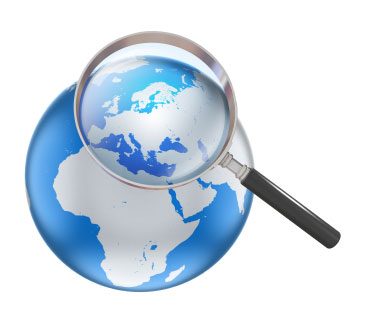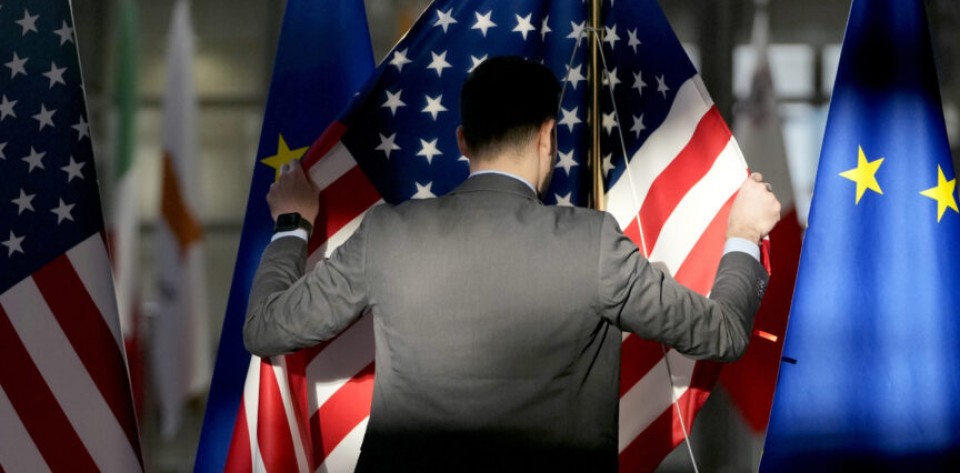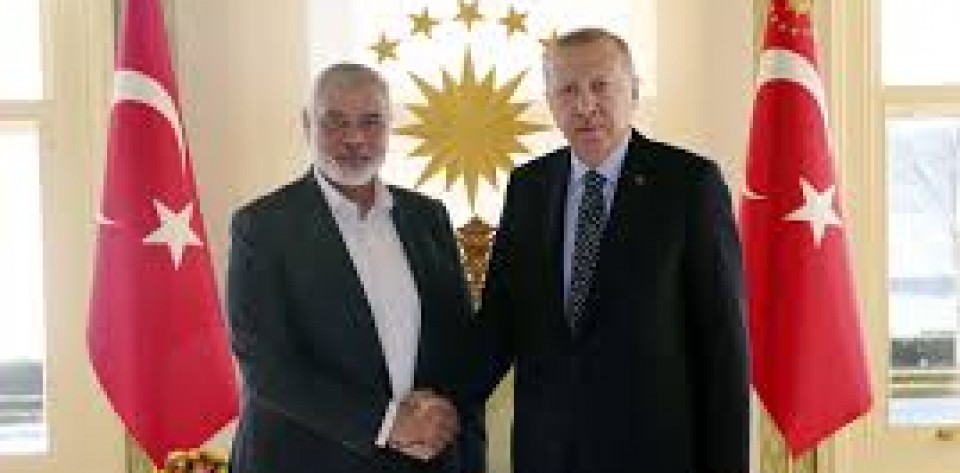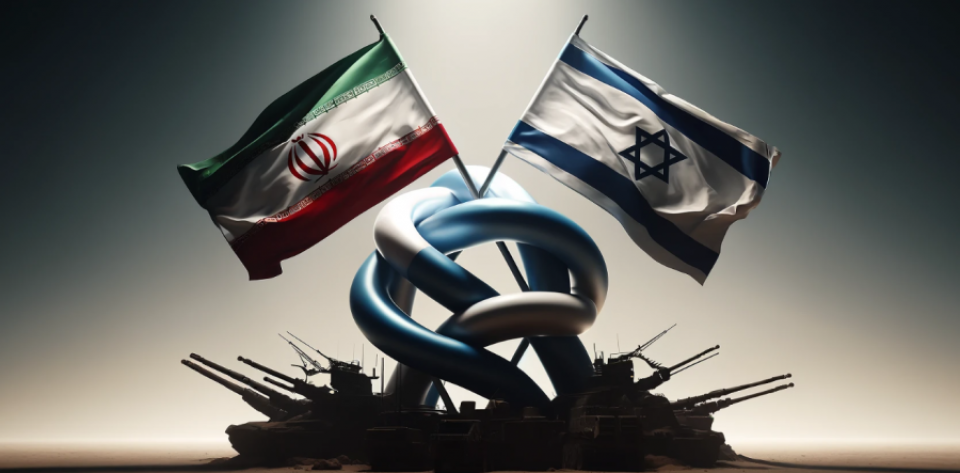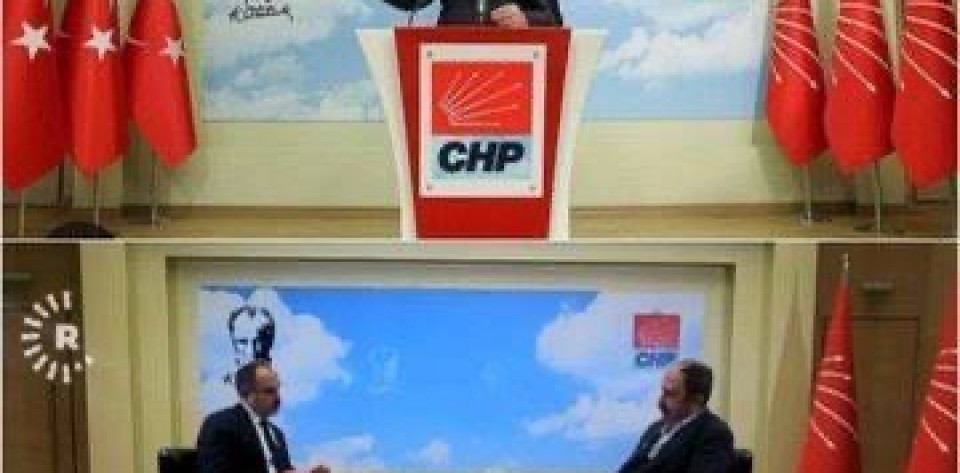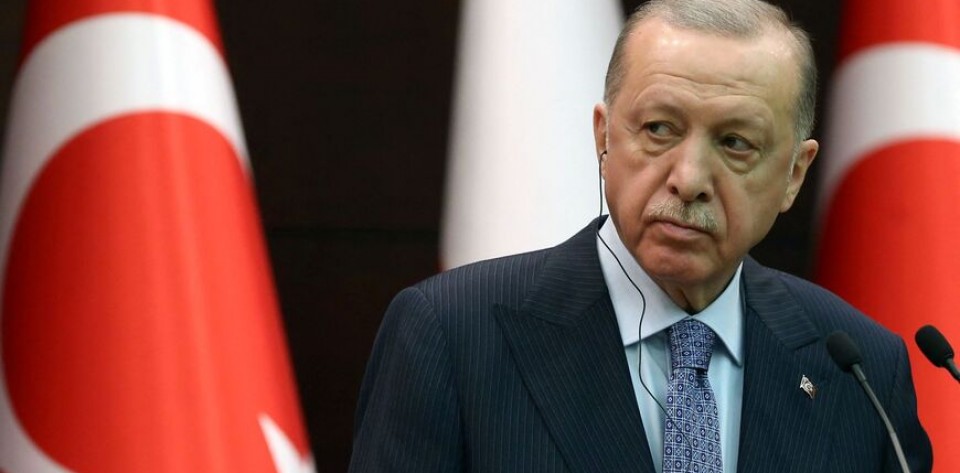We are coming to a period where the presidency will be the only unique topic in Turkey. President Erdogan declared his intension to have the elections on 14th May, 2023. Most likely in couple of weeks, we will see that it will be verified in parliament. However that is not the issue. The real question who might win?
There will be two boxes before the electors; one for President and one for parliament. One might consider that they are highly correlated but they are not. In the last election for municipalities, the opposition party leader in Istanbul won the election for Istanbul municipalities where as the ruling party won the majority in the districts. Thus, creates unbearable working environment in the municipality parliament in Istanbul such as budgeting, projects and payments. This might be very same in coming election.
According to latest polls, opposition coalition will get the majority in the parliament where as there are small margins between opposition coalition leader and President Erdogan. In case, opposition coalition president race with majority in parliament, it will at least give some power to administer the works in regular way. However if President Erdogan wins the presidency but parliament majority will be in opposition coalition, it will be a disaster to economy, national security and almost all governing business affairs.
However there is also a possibility that President Erdogan will win the majority and presidency, too. It is almost certain that there will be two stage of presidency race if each party who has its own candidate. In second tour, there will be President Erdogan against opposition coalition leader Kilicdaroglu. Normally one might consider that collation will consolidate the votes and win against the President Erdogan but polls shows a risk in that stage. The opposition parties are CHP (left party) IYI, DEVA, Gelecek and Refah parties (all right wing parties). If the presidency race is left to second tour, there is a 30% of voters in right wing parties consider either not to vote or vote for President Erdogan. That changes the situation.
President Erdogan with MHP and AKP can get between 40%-50% of the votes from the electorates. CHP has 24%, IYI party has 16% and the other right parties have 5% votes. There is also HDP (supported by Kurdish population) with around 10%. If Kilicdaroglu will run against President Erdogan in second tour, it is likely that 30% of the total 6% will either not go to polls or vote to President Erdogan. That would place the opposition party 40% where they need full support from HDP. Here things will get complicated. IYI party is derived from MHP (nationalist party) and has nationalism in its roots. If HDP claims that they will support opposition , IYI party and rest of small right wing parties will likely not go to polls or even choose for President Erdogan in block.
However opposition cannot trust its electorates too, There are also frictions in HDP which are not happy to be in the same pot with right parties. Moreover, there are also portion of CHP electorates who are not happy with current CHP administration and decide not to vote.
Opposition parties have to rely on securing the votes in block and do its best to attract the electorates from ruling party. Where as ruling party should do its best to disturb the coalition and create ambiguity in electorates’ perception. IYI party supports the Libyan bill which enable government to send military aid to Libyan government where as CHP and HDP do not. IYI party and other right party supports the military actions in Syrian border where as CHP and HDP do not. Right parties support monetary expansion where as left parties support consolidation of budgets. There are great differences within opposition parties which greatly bring them closer that apart.
It will be very difficult to estimate who might win this time. However, it is much more easier for ruling party to hold their electorates and create ambiguity within opposition electorates’ perception then hold different electorates from different ideologic background together.

